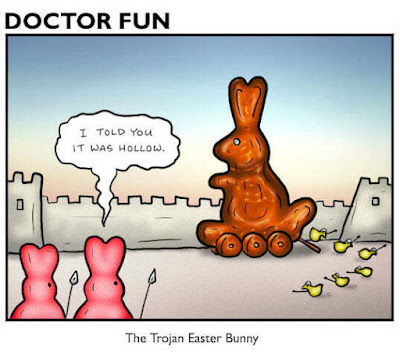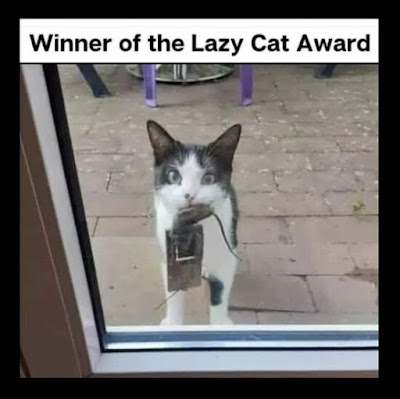The Horse and His Boy is the fifth book published in The Chronicles of Narnia series and the action takes place in what would be the last chapter of the first book, The Lion, the Witch, and the Wardrobe, when the Pevensie children were co-ruling Narnia as the kings and queens. This story starts off in Calormen, the country south of Narnia, when Shasta, the son of a poor fisherman, overhears a discussion between his father and a rich traveler who wants to buy Shasta to be his slave. Hearing the bartering for the price of his freedom, Shasta runs to the field where the traveler's horse is tethered. There he discovers the horse is a talking horse named Bree. The horse wants to escape to his home in the north, Narnia, but he needs a rider to pull off his plan for escape. So the two set off together toward Narnia and the north! Along the way they link up with a young girl, Aravis and her talking horse, Hwin. Aravis is escaping her father and the prospect of a loveless marriage. Both Shasta and Aravis learn information during their journey about how the Tisroc's son, Rabadash, is planning a war with his country's neighbors Archenland and Narnia, because he wants to have Queen Susan as either his wife or his slave. The four escapees must race ahead of the advancing army to warn the King of Archenland before it is too late.
Unlike the other books in the series, no new people enter Narnia from our world. And though three of the Pevensies are brieflymentioned here and there it is chiefly a story about four beings making a very important journey across a big desert. One that is fraught with troubles and dangers and often involving encounters with lions (or a Lion!)
It is a quick and enjoyable read.
Now the Narniathon questions:
1. The Horse and His Boy has a distinctive Arabian Nights feel which some have found problematic. Has this aspect, and its cultural or racial resonances, been an issue for you, or not?
I was more aware of the discriminatory-sounding language than ever on this read through. The Calormen people were 'dark' and wore 'turbans.' I get it that fantasy books need to have villains but the similarities to Muslims or people living in the Arab world was undeniable. I spent a bit of time thinking about how Lewis could have drawn these characters and my only solution involved creating a whole new, unknown race with distinctive, nonhuman characteristics like say some villain out of Tolkien's novels. I didn't let myself be too bothered by the descriptions of the Calormen, however, because I got pretty wrapped up in journey the four individuals were taking and their encounters with Aslan along the way.
2. Unlike the previous four titles, this book has the formerly young visitors to Narnia, the Pevensies,
more as bit players than as protagonists. Have you found this a
disappointment or did you happily adjust to the new points of view
provided by Shasta, Aravis and the others?
In the past I have always relegated The Horse and His Boy as a side book to the series, I suppose because the Pevensies or other humans weren't the main focus. This time, I allowed myself to get swept up in the story and I enjoyed it so much it didn't matter that Peter, Susan, Edmund, and Lucy barely made it into the story.
3. As a boy Lewis loved to imagine talking animals, and that love permeates all the chronicles, including here with Bree, Hwin and, of course, Aslan. How did you feel about the interplay between the young protagonists and their mounts? Did you spot the literary allusions? And how did you react to Rabadash’s punishment?
I really loved the way the four protagonists (children and mounts) interacted. Aravis and Bree both being prideful due to their upbringing. Then Shasta surprising everyone with his bravery.
I rarely notice literary allusions when I am reading, then when someone points them out, I am delighted because I agree or annoyed because I didn't catch it. This time, I looked it up first! Shasta, who we learn later (SPOILER ALERT) is actually the long, lost twin prince, Cor, of Archenland. Some experts have compared the twins Cor and Corin to the half-twins Castor and Pollux in Greek Mythology. Both were excellent horsemen. In this book Cor was an excellent horseman, taught by a horse himself. And Pollux won an important boxing match similar to Corin, who always wanted to box everyone in this book. Any time a book is about a journey with important stops along the way, one must think about the Odyssey and the initial questions referenced Arabian Nights.
Rabadash is punished by Aslan for being unrepentant. He is turned into a donkey, but can be transformed once he gets home as long as he never goes outside of the ten mile radius of the capitol city. Though he was mocked and made fun of, he ended up becoming a peaceful ruler of Calormen, since he could never go to war! In the Bible there is an example of God using a donkey to speak to Balaam, a prophet, (See Numbers 22-24.) But the parallels to this story end there.
Planet Narnia says that Lewis meant to align The Horse and His Boy with Mercury. Mercury is the fastest of the planets to circle the sun so it is often associated with being a messenger. If we think about this story, Shasta was tapped to be a messenger throughout. Mercury is thought to have ruled over the constellation Gemini, the twins: Castor and Pollux (them again!) Mercury is also the god of boxers, thieves, and crossroads. I love it that Lewis hid these little tidbits inside his books. I am thinking now of all the times in the story when the children and the horses had to decide which road to take and how Aslan used those choices for the good of all.
I am more delighted with The Horse and His Boy than I ever remember being on previous readings thanks to the insights I've gained from Calm Grove and other participants of Narniathon21. Thank you.
One point of irritation -- The publication of The Horse and His Boy that I
read was published by MacMillan and clearly states on the cover it is
the 5th book in the series. When I searched Goodreads to find the
correct edition it was incorrectly identified as the 3rd book in the
series. I am a firm believer in reading the Chronicles of Narnia in
publication order. Lewis published this book 5th. I'm not an editor on
Goodreads or I would have gone in and changed it in a minute! (See cover photo above.)
-Anne




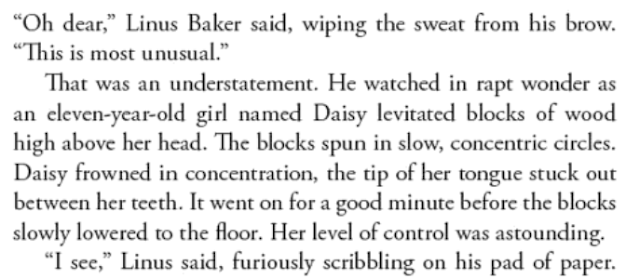





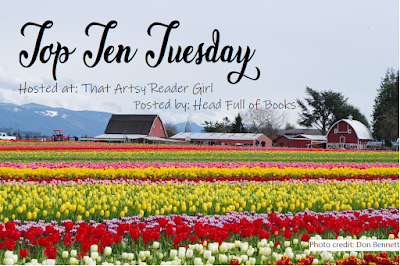

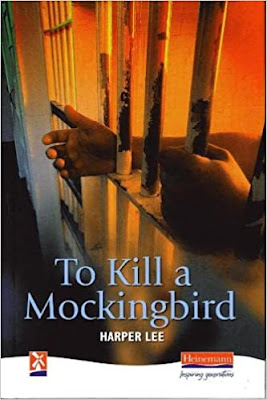
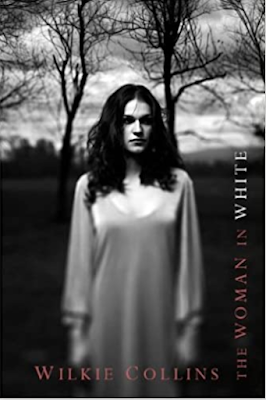
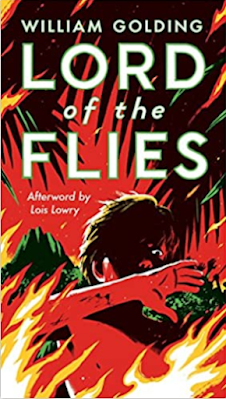



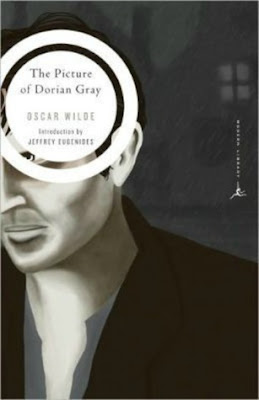



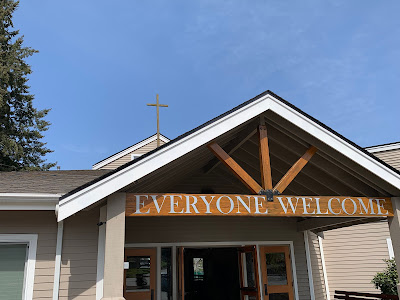



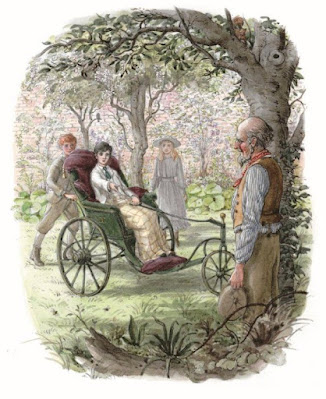
.png)
.png)




.jpg)
.jpg)
.jpg)











